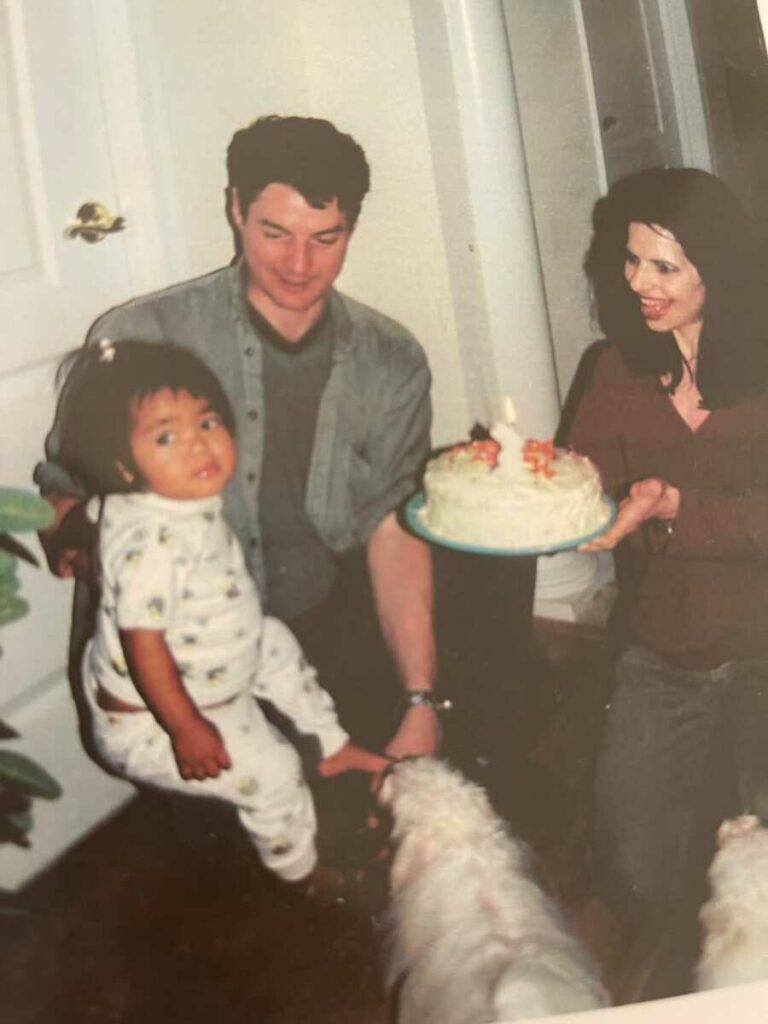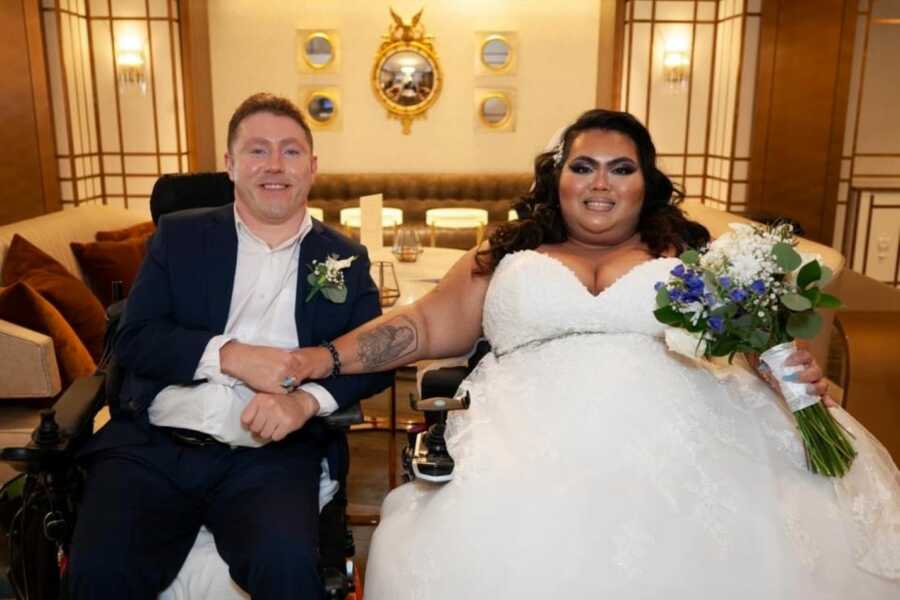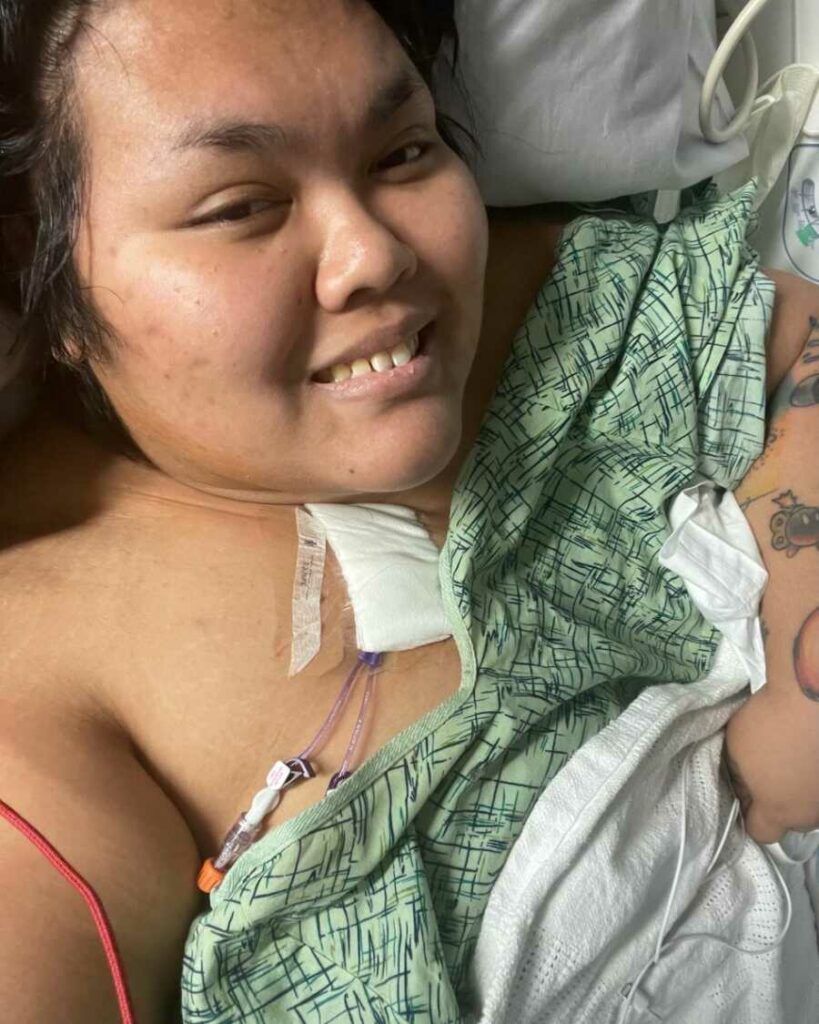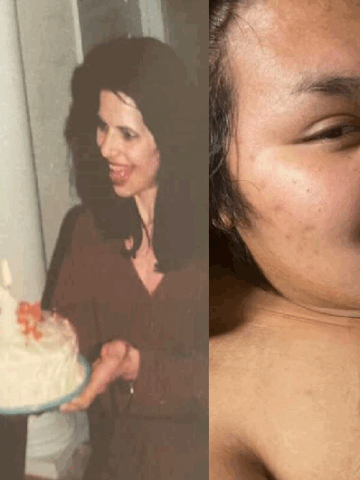Miia felt invisible after years of unexplained weakness and emotional pain. A long-awaited diagnosis and a forgotten childhood, she didn’t know what hurt her more. This is a story of reclaiming identity through illness.
This is Mia’s story, a girl born in Cambodia in 1999. Born in a country where poverty and limited medical care were already a challenge, what made her life worse was when her parents, at just six months old, gave her up for adoption. By the time she turned one, she had a home! A German-American family adopted her.
Growing up, Miia was a baby full of energy. As per her mom, she was a little firecracker- full of energy and life, always running around the house, and then took long naps on her grandpa’s shoulder.

However, things took a turn when Miia entered elementary school.
Excited to see her daughter excel in everything, her mother enrolled her in soccer, but something was off. Miia was seen struggling. Like other children, she couldn’t run easily, and her energy dropped too soon; even if she tried, she failed.
The daughters did not give this matter a lot of attention. While a few said she was out of shape, others suggested that she needs to exercise more. What was happening to her did not just align with what they were stating, because even standing too quickly or bending down was a problem here.
The diagnosis was delayed, and by the time she turned 10, she lost it all. She got bullied at school, gave up sports, and had no more energy!
A child’s pre-teen years are supposed to be the best of their entire life, but in Mia’s case, it was just pain, as at 14, the little girl decided to use a wheelchair permanently after breaking her ankle and spending a year on it. Her mom, who also used it due to MS, did not support the decision, as she believed it would make things even worse for her.
At 15, she was diagnosed with conversion disorder.
She was sent to a treatment facility where things got worse, as rather than feeling better, she developed post-traumatic stress disorder. What she experienced there is still a trauma for her.
Miia was 17 when her mother passed away; everything she had was lost. She was placed in foster care. There, the wheelchair she was using was sought to be ‘not necessary’ and was sold too.
A series of events had a very negative impact on her. Dropping out of high school, entering a relationship that gave her nothing but pain, and she soon stopped caring about everything- her body, her life, and all her dreams. ‘Why keep going? “She often wandered, as even performing everyday tasks like brushing her teeth was a pain.
However, things changed!

What she wasn’t expecting and prepared for became a part of her life when she met a guy named Adam on a Facebook group for disabled people. She was 19, and Adam was 36 and had a spinal cord injury from years ago. Their first phone call lasted 5 hours, which shows how they connected immediately! Adam soon moved to Virginia to be with her.
Although they had a cramped studio apartment, they found a space to heal. From driving to appointments to helping find new doctors, they did everything for each other! When one doctor didn’t believe her, they found a new one, not losing hope.
Eventually, she asked her biological parents for help, and unexpectedly, they were ready to provide her with a power wheelchair and also believed in whatever she said.
With the family’s support and with Adam by her side, Miia now felt empowered and powerful. She advocated for herself, and with each tough question, she started suspecting that she might have Myalgic Encephalomyelitis, also called chronic fatigue syndrome.
The body screamed something was wrong, but scans didn’t agree. However, now was the time things were going to change.
During a regular visit to the doctor, Miia mentioned her drooping eyelid, and her ophthalmologist then said, ‘I think you have Myasthenia Gravis.’

The words were harsh on her, as she always brushed off such a statement, and soon after she checked the lab results, the diagnosis was confirmed.
I did not fix anything, but she won’t ever have to hear that she was lazy or dramatic. Instead, she was a fighter! She would now have answers.
To anyone who feels lost in this medical system, Miia has a message: ‘Scream, speak up. Don’t let them ignore your pain- you are not alone.’
